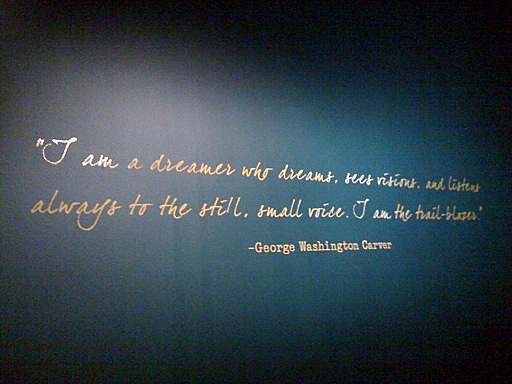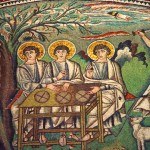 Jesus does not equivocate about the cost of becoming a disciple. Neither is the Way he offers a sentimental path. The road leads on. Never back. It is the discipline of walking on that he requires.
Jesus does not equivocate about the cost of becoming a disciple. Neither is the Way he offers a sentimental path. The road leads on. Never back. It is the discipline of walking on that he requires.
Luke writes that a community Jesus dearly loved, the Samaritans, meant to join him as followers, until he told them he was going into a place they abhored – Jerusalem, where the Temple and the priestly liturgy associated with it had always hated Samaritans, who worship differently. It would be dangerous for them there. It was dangerous for Jesus there. The Samaritans changed their minds and stayed home. Some disciples were angry and wanted to retaliate. But Jesus moved on.
Another would-be disciple poured out a promise to always to be with him. Jesus replied, you will be homeless if you follow me.. To another who says he will follow but must first take care of his dying father, Jesus says, Leave him, let those with no vision of the future bury him who has no future. And when that disciple said, Let me at least say goodbye first, Jesus said, No one who puts a hand to the plow and looks back is fit for the kingdom.
Jesus is not sentimental. He is always moving on.
It was Dietrich Bonhoeffer, the towering theological giant of the 20th century, who wrote about the cost of discipleship, and who coined the term cheap grace to represent the gushy pap most churches hand out instead of the gospel.
Cheap grace is grace without discipleship, grace without the cross, grace without Jesus Christ, living and incarnate. Cheap grace, in other words, is offering God’s love as a sweet comfort without a price, a challenge, without hard work, a demand for significant change in our lives. Cheap grace is often ‘old-time religion’, revving up our sentimental memories of family, of childhood, of good times.
Bonhoeffer writes, The call of Jesus teaches us that our relation to the world has been built on an illusion.
The cross speaks that truth to us in every hour – the truth that Jesus is on that cross because our values are false. We have given our allegiance and our hearts to the very things that caused the tragedy of the cross – our love of power, parades, weapons, the honor we give to the mighty and the wealthy, the embarrassment we feel around the ragged and the humble. The exciting power we feel around rage, and in our own rage. How we look for scapegoats to take away the shame, but leave the glory, of what we have done.
The Orlando shooter, Omar Mateen, offers a strange – and interesting- study in all of this. He lived two lives. In one he was a straight man and a father, and as part of his ‘real man’ identity, he spewed out hatred for gay men, he sought work in which he could wear a gun, his dreams had been to be on the police, then to be a prison guard, and he finally had to settle for security guard. He bought guns and practiced his shooting skills.
In his other life he was a gay man spending at least two nights a week at Pulse, the gay night club in Orlando, as a patron. He participated in gay chatrooms online. Some suggest he was casing them, preparing his massacre. But to me, four years is way too long for that. Four years is an immersion, and what compelled him was his own desire.
In neither of these lives was he moving on. In both he was chasing fantasies he could not fulfill. Imprisoned by sentiments he could not own and could not abandon. The furrow of his life bobbed and weaved, angrily, defiantly, and devotedly. In religion he found a veneer of piety and a path of enraged belief that suited him very well.
Jesus loved a party. The gospels tell us he had something of a rep for good times. We certainly know he drank, after all, he changed water to wine at a party once, and at the Last Supper, would have consumed the ritual four glasses of wine a Seder requires. He might have gone to a place like Pulse, an oasis for different dreams and visions from the commonplace desires and hates of the culture. And he would have understood the feeling of homelessness the survivors of the massacre feel now, that terrible sense that they have lost the respite of a place that welcomed them gladly, and encouraged them to feel blessed in their living.
And Jesus would also walk on, offering all of them the chance to join him as he walked all the way to death, and then beyond. This sense has been present in all the vigils for Orlando. The sense of people who defy the scapegoating and shame heaped so routinely on LGBTQ people. The sense that they are emerging from the shadows to stand in the light and offer the world their light, till a new day dawns.
_____________________________________________________________
Image: Photo by Jasmined. Field Museum, Chicago. 2008. Quote from George Washington Carver. Vanderbilt Divinity School Library, Art in the Christian Tradition.










